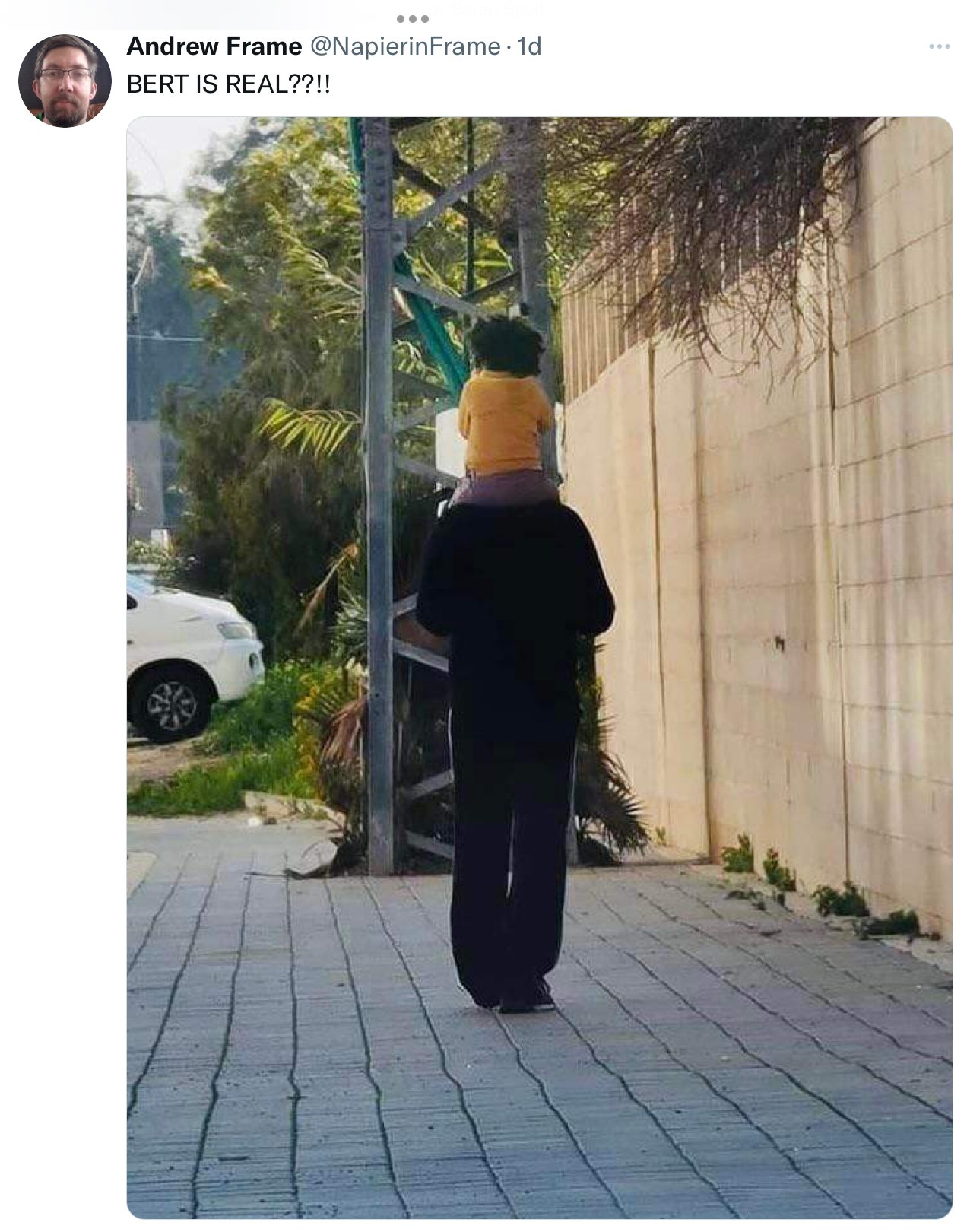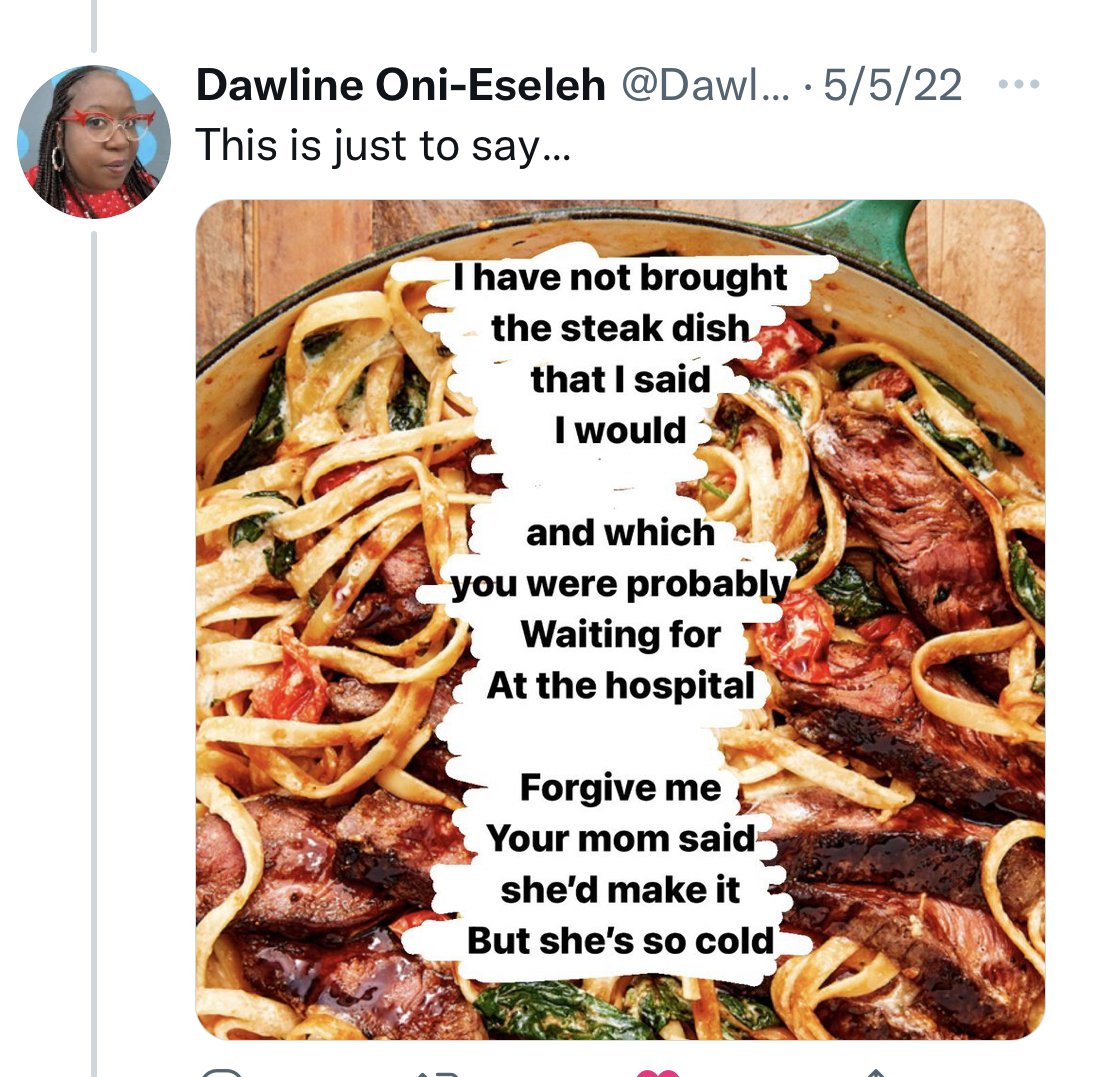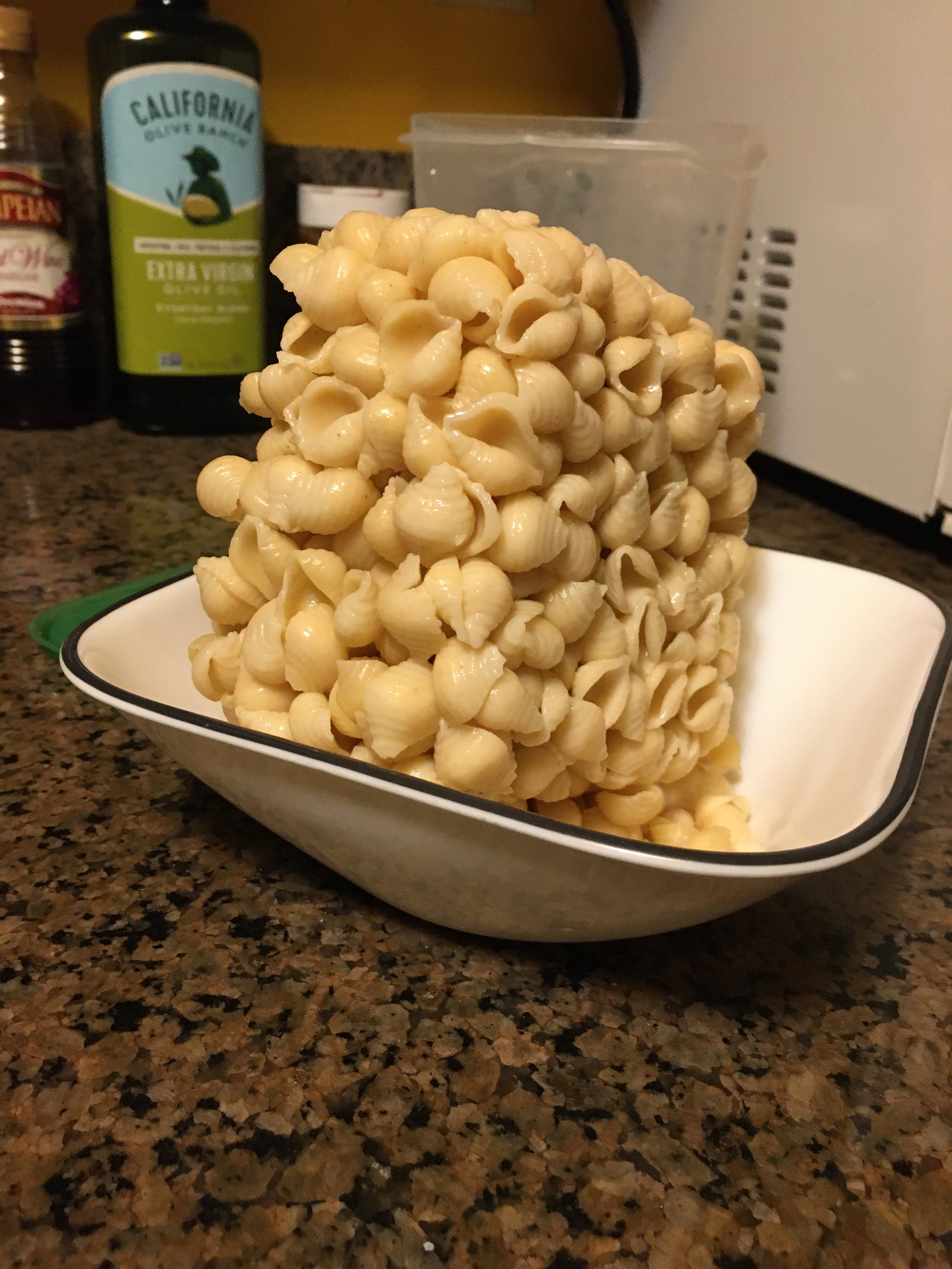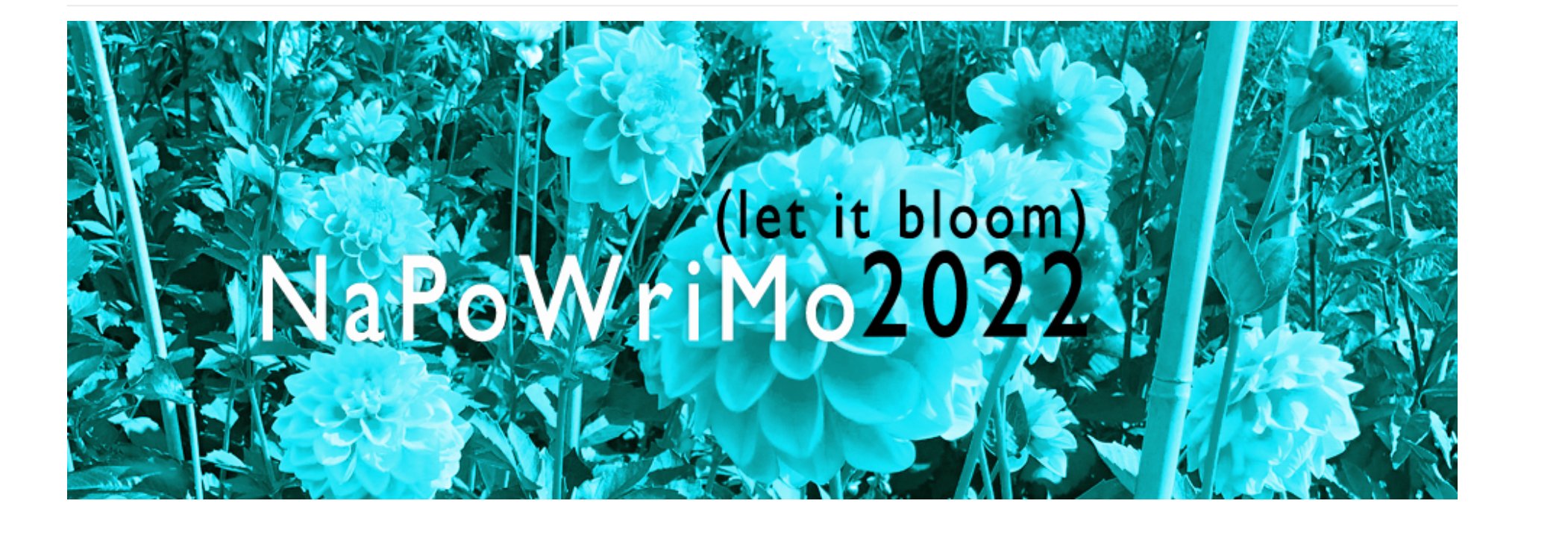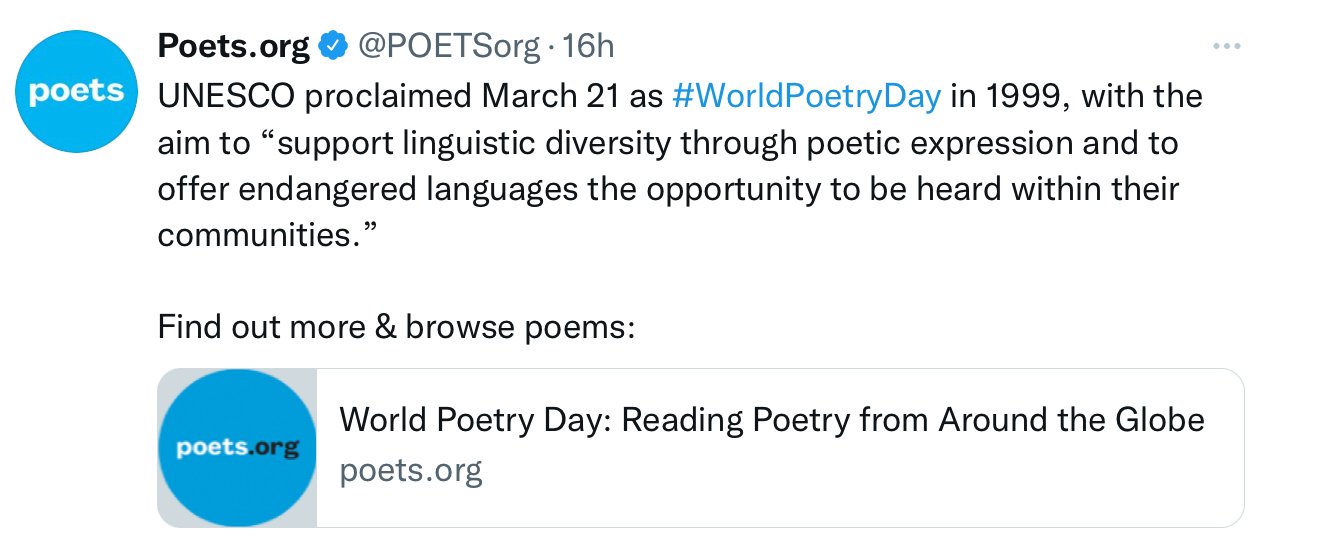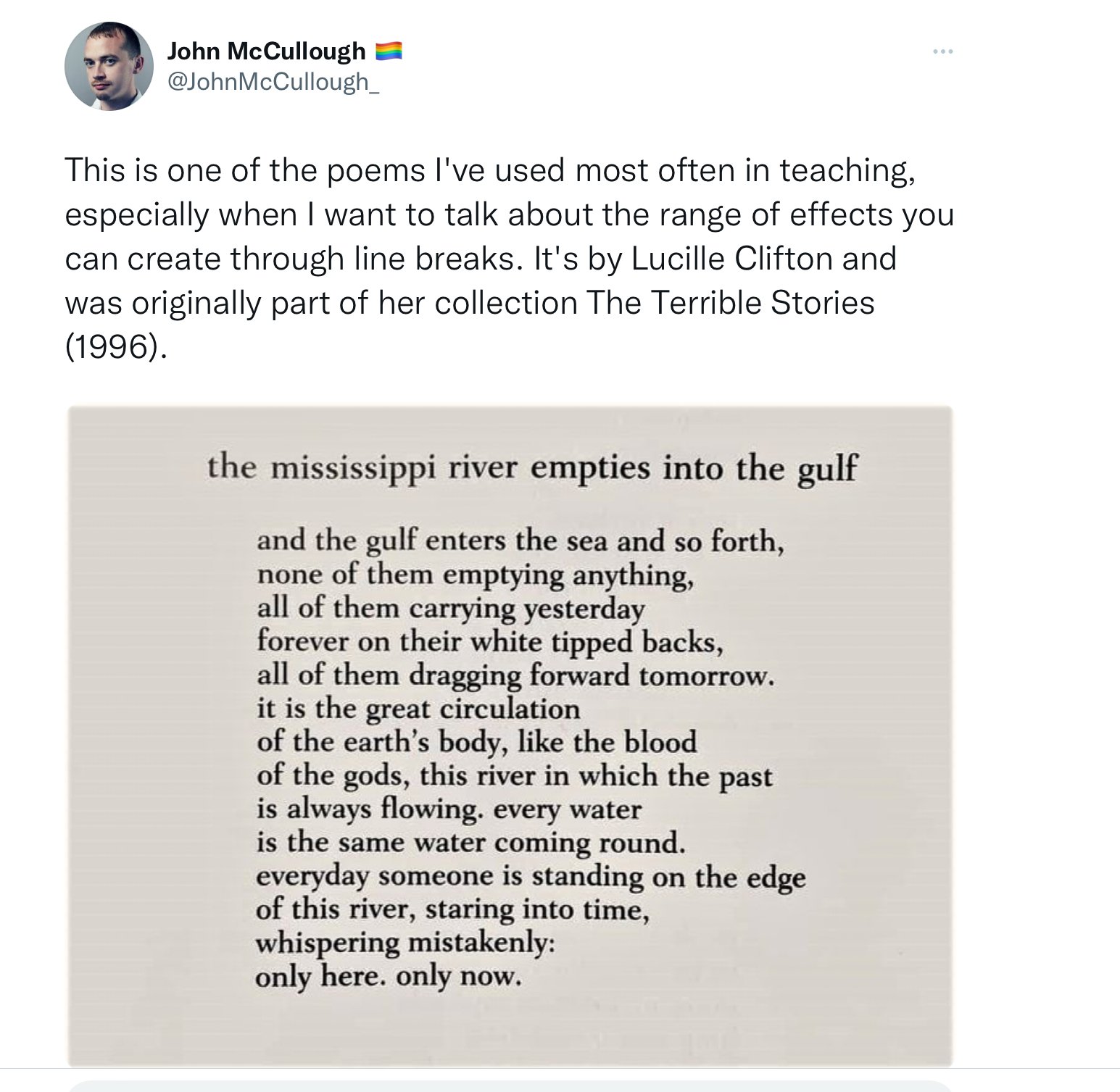So you’ve completed the 30/30 challenge and have aa April-full of poems. Or perhaps you are like me, never finished even two weeks’ worth of poems. Now what? Continue writing. Maybe make the first half of May your time to finish the poems you started, or had planned to. I didn’t get out blog posts regularly either. Sorry!!!
So you can catch up on writing, or you can start editing. Some poems you may need to set aside for a while. You may instead want to edit old poems. You may find that some poems—those from April and others from years ago—are unfixable. If so, pull what you like from them and start collecting those lines and phrases in a document for later use.
For those poems you’re ready to dig into, try some of the techniques discussed in previous posts. To find the heart of the poem, try looking at the fourth or fifth line from the bottom. Begin the poem there and continue.
You could try switching the first half and second of your poem, and either begin writing after the original ending or try to create a beginning for the former first half. See what happens.
You could play with the structure. What happens if you take a prose poem and divide it into stanzas and shorter lines, or vice versa, make a prose poem from the original. Experiment with line length and stanzas. What works?
Perhaps the structure works but the language is imprecise or bulky. What is redundant? Look at your verbs. Do they stand out? What about the last word in the lines? Conversely, are small words stacking up at the beginning of lines? What can you cut? What images are you conveying? Are they relevant? Does the poem need a clearer sense of time or place?
I will try to post more editing suggestions later this month, along with generative prompts. And remember some poems (and revisions) won’t succeed, but the process of writing is to keep practicing and experimenting (and continue reading and learning from others too). And if you end up with an epic failure of a piece, you can take comfort in your shared experience.


